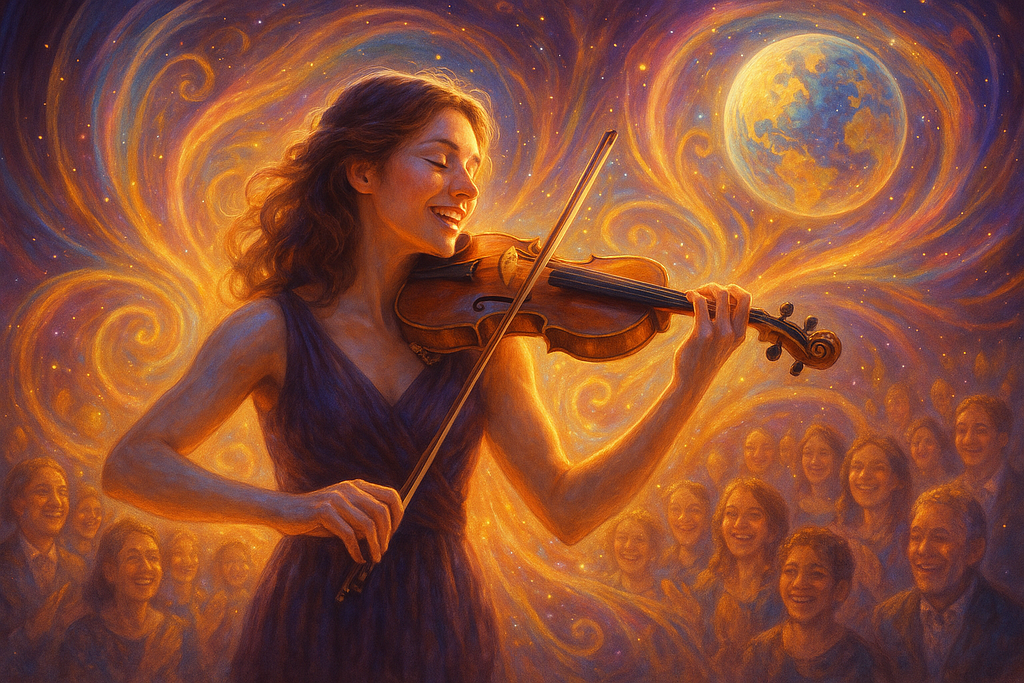Hello friends!
Here’s another excerpt from my upcoming book, “Soulforce Arts: The Vital Role of Musicians & Other Artists in a World That’s Lost Its Mind.” It’s from Chapter 1, which is on the “separation-thinking” that pervades our entire society, and which is responsible for many of the ills we see in the arts. Enjoy!
Subscribe to my mailing list to be among the first to know when my book is published in Spring 2023. JosephArnold.com
Joseph
Image credit Alexander Mils unsplash.com
The Cheapening Effect of Money on Art
The influence of money on art in our society is deeply ambivalent. On the one hand, the exchange of money for art sometimes seems to betray something essential about art itself. And on the other hand, money is necessary for survival in our society, and it is good that artists get paid well for our work. The coexistence of these two dynamics underlies the misgivings many artists have towards money.
Money and art seem to occupy two entirely different values sets. For example, how much money is appropriate for a great work of art? This question is notoriously difficult to answer because the essence of art, like that of love, cannot be quantified in such terms. This leads many to say that a great work of art is priceless, and this is true for two reasons. Firstly, any amount of money is too little because of the art’s uniqueness, rarity, and Soul-expanding effect. And secondly, any amount of money is also too much because it betrays the generosity of spirit in which the work of art was made. Auction houses and insurance companies do their best to bridge this gap, but despite their best efforts they will never truly be able to set a price on the priceless because money is in many ways totally at odds with what makes art, art.
This disconnect can be found in the everyday lives of working artists. For instance, you might play a show where you earn next to nothing, only to have an audience member come up to you afterwards and gush about how deeply meaningful your performance was to them. Is that payment enough? You might also be given a year’s salary for a single work of art, only to be left feeling empty because there was no genuine human connection made with its recipients. How much money can fill that hole? In many ways, money just seems to be the wrong sort of thing to exchange for art.



